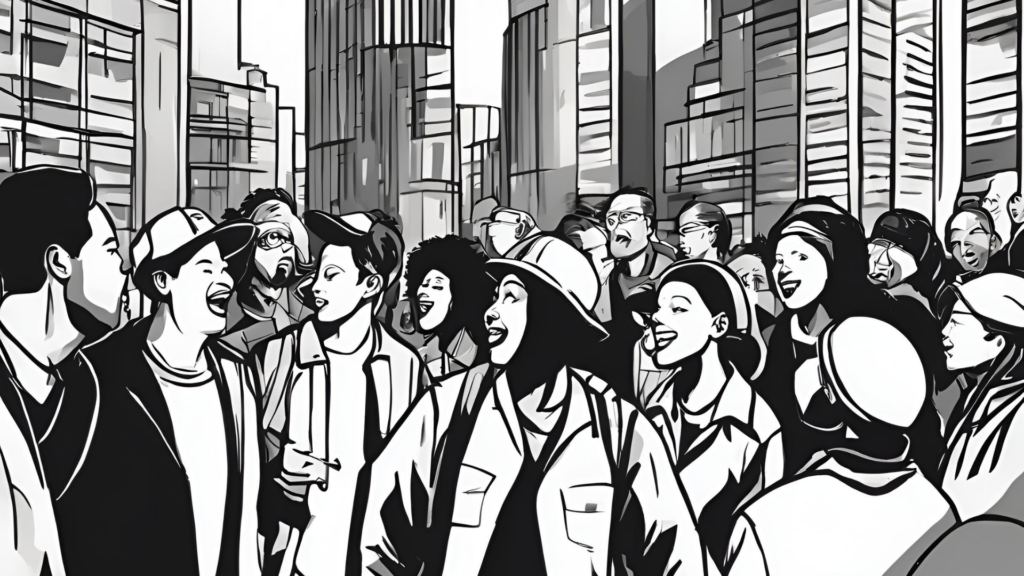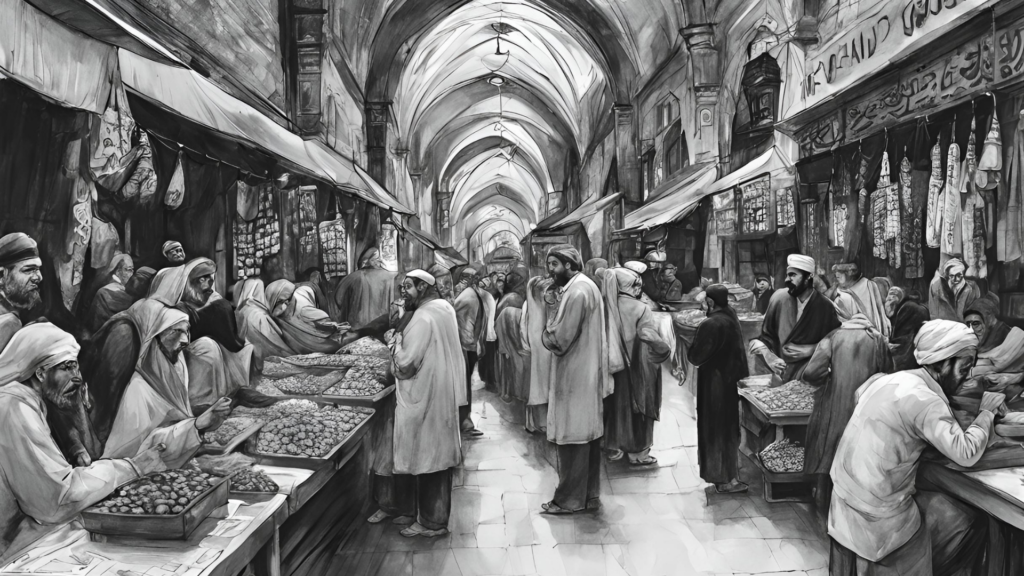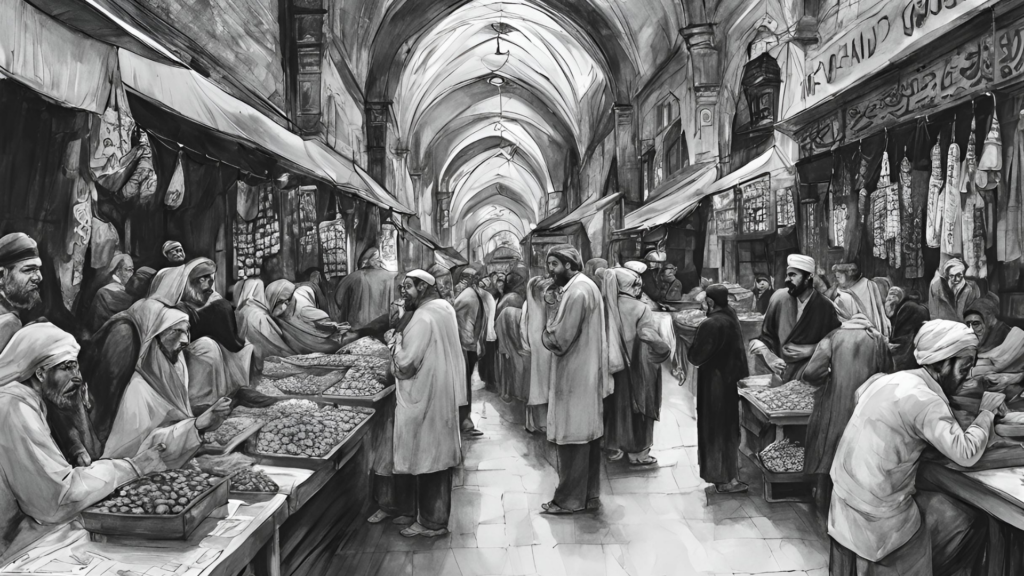Planning a trip to Istanbul? Besides the usual travel essentials, learning a few Turkish phrases can enrich your experience and open doors to authentic encounters. Whether you’re bargaining in the Grand Bazaar, exploring historic sites like the Hagia Sophia, or enjoying a meal by the Bosphorus, knowing a bit of Turkish can go a long way. Here’s a guide to must-know Turkish phrases that will help you connect with Istanbul’s unique culture.

1. Merhaba! – Hello!
The simplest yet most effective way to start a conversation is with a warm “Merhaba” (pronounced mehr-hah-bah). This common greeting instantly conveys friendliness. Whether you’re entering a shop or meeting locals, a “Merhaba” will often be met with a smile. For extra warmth, follow it up with a “Nasılsınız?” (How are you?), especially when speaking to elders or in formal settings.
2. Teşekkür ederim – Thank you
Turkish hospitality is renowned, and you’re bound to find people going out of their way to make you feel welcome. “Teşekkür ederim” (pronounced teh-shehk-koo-ehr eh-deh-reem) means “Thank you.” For a more casual vibe, try “Sağ ol” (pronounced sah-ohl), often used among friends or with people close in age.
3. Lütfen – Please
Politeness goes a long way, and in Turkey, saying “Lütfen” (pronounced loot-fehn) – meaning “please” – adds a touch of respect that locals appreciate. Whether you’re ordering a Turkish coffee or asking for directions, adding “lütfen” will make your requests sound more friendly and considerate.
4. Evet / Hayır – Yes / No
Simple yet essential! “Evet” (yes) and “Hayır” (no) are words you’ll hear often, especially in marketplaces. “Evet” (pronounced eh-vet) and “Hayır” (pronounced high-yer) can come in handy when you’re deciding whether to accept a shopkeeper’s offer or confirm a reservation.
Evet – Yes:
Hayır – No:

5. Ne Kadar? – How much?
Shopping is an art in Istanbul, and bargaining is common in traditional markets. When you find something that catches your eye, say, “Ne kadar?” (pronounced neh kah-dahr) to ask for the price. Show your interest, but don’t be afraid to negotiate! Sellers usually appreciate a friendly haggler.
6. Çok güzel! – Very beautiful!
Whether it’s the breathtaking architecture of the Blue Mosque, a panoramic view from Galata Tower, or a mouthwatering kebab, you’ll often want to express admiration. “Çok güzel” (pronounced chok goo-zehl) means “very beautiful” or “very nice.” Locals love hearing travelers appreciate their culture, and this phrase is sure to win hearts.
7. Kolay Gelsin – May it be easy
This phrase, often said to someone working, is a thoughtful way to acknowledge their efforts. For example, if you see someone sweeping the street or serving food, saying “Kolay gelsin” (pronounced koh-lie gel-seen) is a kind gesture that’s appreciated in Turkey. It shows respect for hard work and is a great way to engage with locals respectfully.
8. Afiyet olsun – Bon appétit!
Turkish cuisine is a highlight of any Istanbul trip, and saying “Afiyet olsun” (pronounced ah-fee-yet ol-soon) before a meal adds a bit of local flavor. Use it when you’re dining with locals or if you see someone else enjoying their food—it’s a thoughtful way to enhance the meal experience

9. Yardım edebilir misiniz? – Can you help me?
Getting lost in Istanbul’s winding streets is almost a rite of passage, so don’t hesitate to ask for help. “Yardım edebilir misiniz?” (pronounced yar-dum eh-deh-beel-eer mee-see-neez) is a polite way to ask for assistance. Locals are usually eager to help and might even walk you to your destination.
10. Güle güle – Goodbye (when someone is leaving)
Unique to Turkish culture, there are different phrases for saying goodbye depending on who’s leaving. If someone else is leaving, say “Güle güle” (pronounced goo-leh goo-leh), which loosely means “go with smiles.” When you’re the one leaving, say “Hoşça kalın” (pronounced hosh-cha kah-luhn).
11. Sıhhatler olsun – Health to you!
If you’re getting a Turkish shave, haircut, or even just a foot massage after a long day of walking, locals may say “Sıhhatler olsun” (pronounced suh-haht-lehr ol-soon) as a way to wish you health. You can say it back to your barber, masseuse, or anyone who has provided a personal service.
12. İyi günler / İyi akşamlar / İyi geceler – Good day / Good evening / Good night
Polite farewells make a great impression. Use “İyi günler” (good day) during the day, “İyi akşamlar” (good evening) in the evening, and “İyi geceler” (good night) when leaving for the night. These phrases are especially useful in more formal settings or when interacting with someone older.
İyi Günler – Good day:
İyi Akşamlar – Good Evening:
İyi Geceler – Good Night:

Tips for Using Turkish Phrases in Istanbul
1. Smile and Maintain Eye Contact: Turkish people place high value on politeness, and a warm smile with eye contact can make any phrase more sincere.
2. Practice Turkish Hospitality: Turks are known for their generosity. Accepting an offer of tea or coffee graciously (even if you don’t finish it) is a sign of respect.
3. Listen Carefully: Even if you don’t understand every word, listening attentively shows appreciation for the effort.
Final Thoughts
Learning these Turkish phrases is more than just mastering words; it’s about diving into Istanbul’s culture and creating meaningful connections. You’ll find that locals appreciate even small attempts to speak Turkish, as it shows respect for their culture and can lead to enriching encounters.
So, pack your bags, brush up on these phrases, and get ready to explore Istanbul with a newfound confidence and local flair.
